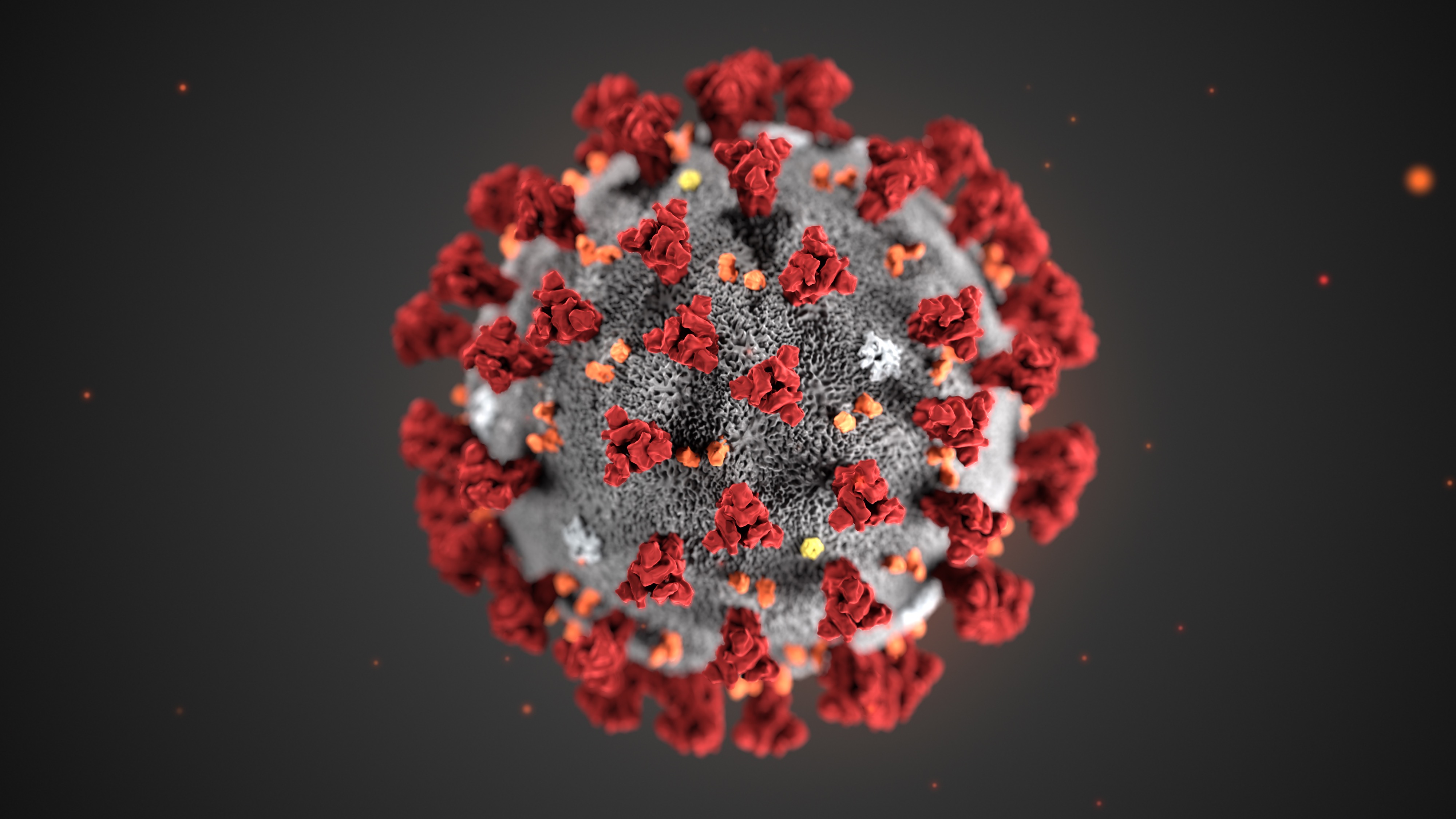News
News
PublISHED ON
UpDATED ON
Coronavirus – call within H2020 for rapid action
The expected impact of the call is contributions to the diagnosis and clinical management of patients infected by 2019-nCoV, and to the public health preparedness and response in the context of the ongoing epidemic of 2019-nCoV. The deadline for proposals is 12 February 2020.
Considering that this is a newly identified virus, the scope of this expression of interest remains broad and may include topics such as:
- Development of therapeutics, including monoclonal antibodies. As relevant, evidence of regulatory and ethics approvals for the investigational products included in the study(ies) must be presented.
- Development of point of care diagnostics, ensuring rapid evaluation of candidates based on existing technologies, to allow for fast case detection and surveillance.
- Clinical and epidemiological studies, to provide data on epidemiological characteristics such as viral genotype and pathogenicity; clinical information on host susceptibility and host immune responses; risk factors for severe disease; routes of transmission and their relative importance; identification of the animal reservoir; etc.
- Social sciences research, to provide urgently needed answers to social dynamics of the outbreak and the related public health response.
The proposals for the call must be timely, with rapid activation, to enable early and valuable outcomes to be established.
MORE WITHIN THE SAME SUBJECT AREA
-
News |
Published 15 April 2024
The Swedish Research Council and Vinnova have signed a five year declaration of intent with the US National Science Foundation (NSF), which will facilitate research and innovation collaborations between Sweden and USA.
-
News |
Published 11 April 2024
The ERC has published the results of last years call for ERC Advanced Grant. 255 researchers from 20 different countries are awarded the grant. 10 of them are affiliated to a Swedish host institution.
-
News |
Published 9 April 2024
The European Commission, together with the countries in the European Research Area (ERA) and other stakeholders, has developed guidelines for responsible use of generative AI in research and innovation.





